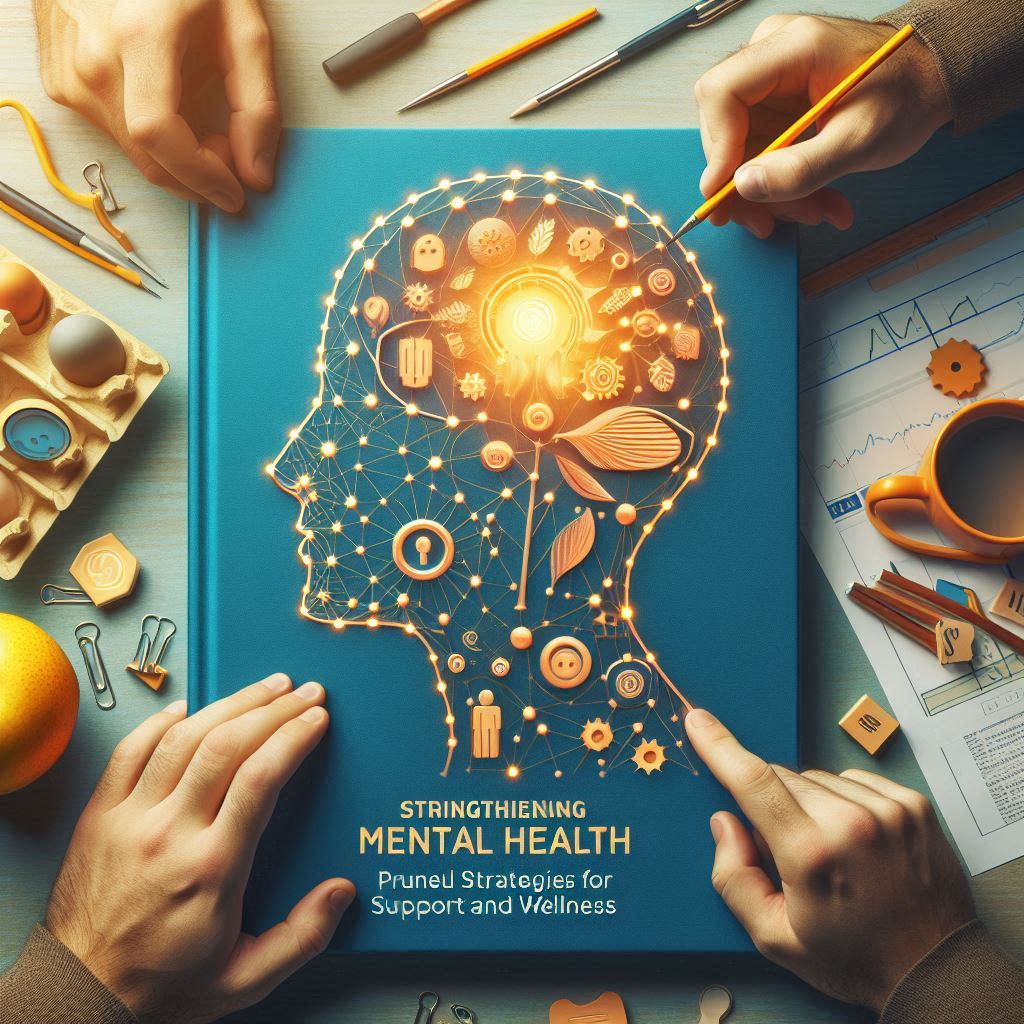Navigating Mental Health Challenges
Navigating Mental Health Challenges: Comprehensive Approaches for Individuals and Communities Understanding Mental Health Challenges Mental health challenges affect millions of people globally, influencing their daily lives and overall well-being. Recognizing and addressing these challenges requires a multifaceted approach that includes understanding, support, and actionable strategies. Mental health issues can range from anxiety and depression … Read more









